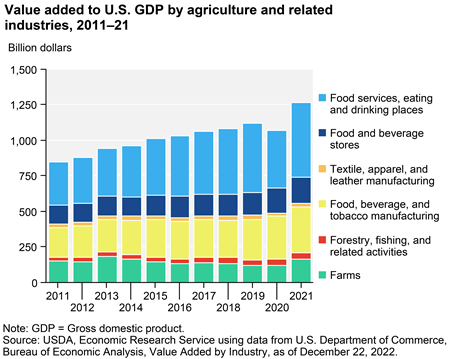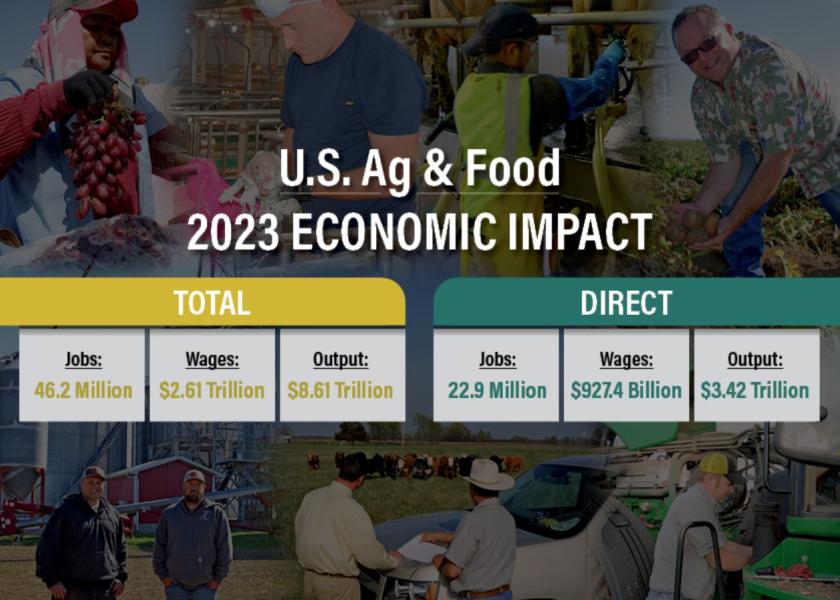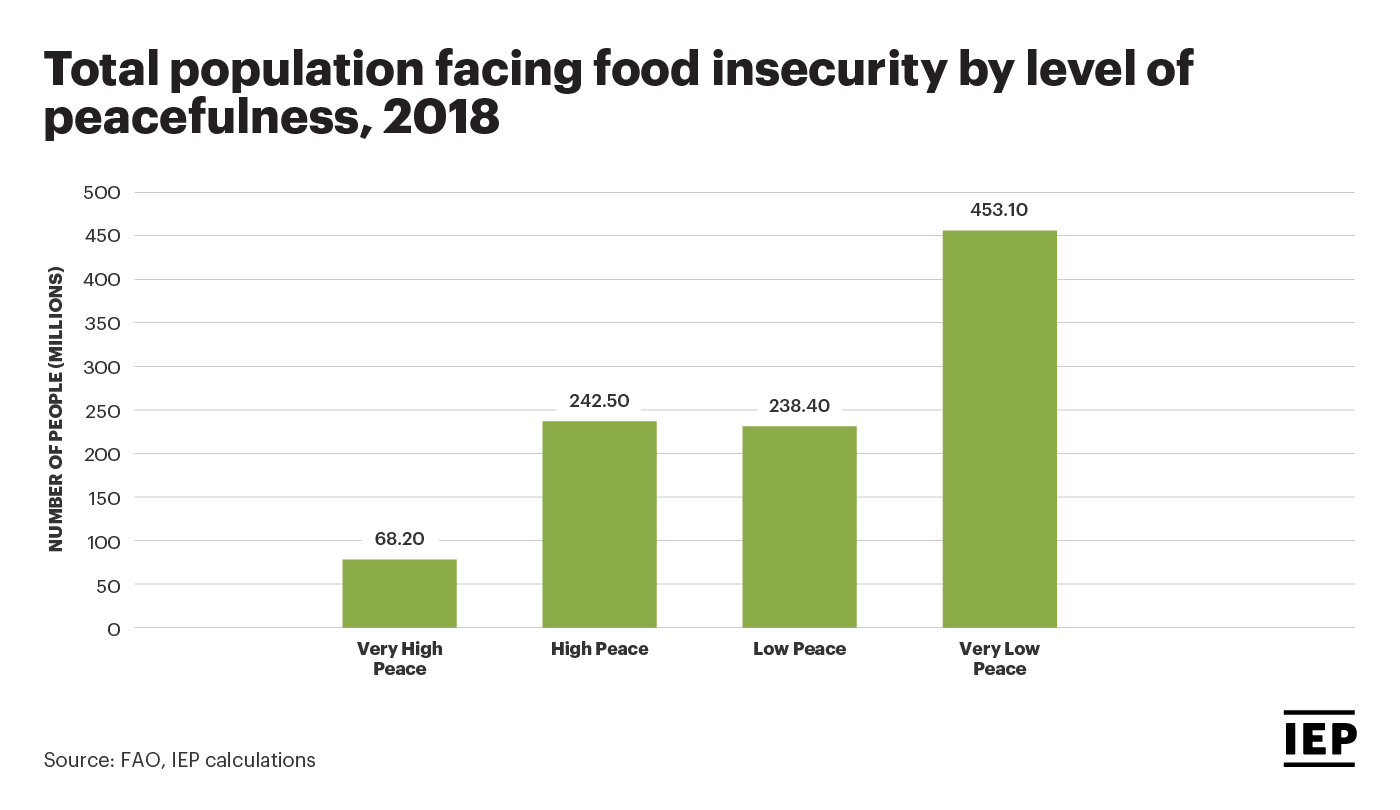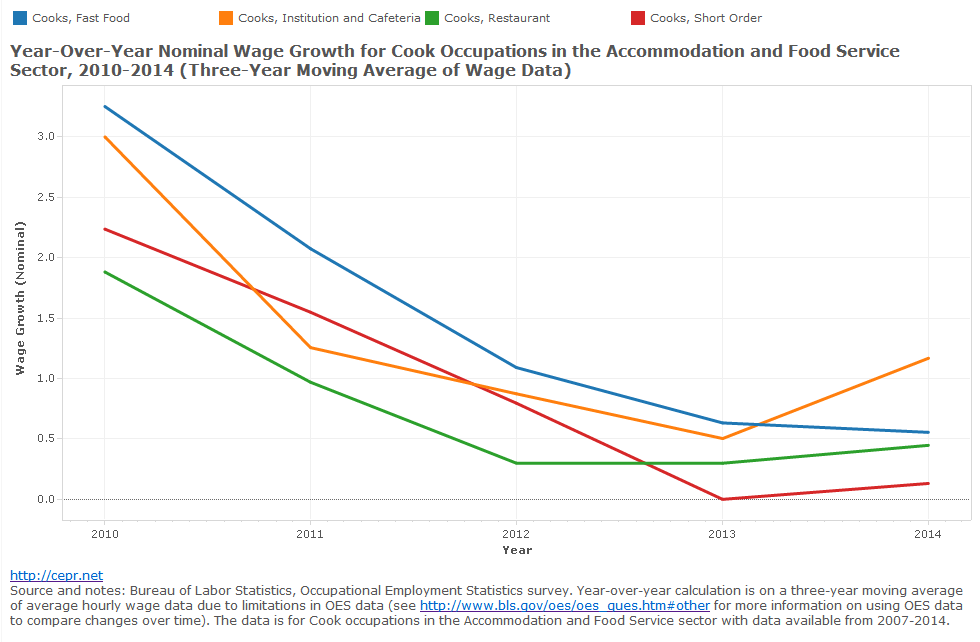Celebrating Cooking Excellence: International Chef Day
1) Introduction:
Every year on October 20, the culinary industry honours its unsung heroes—the chefs—by observing International Chef Day. These chefs are the designers of our palates' pleasure, whether they are employed by Michelin-starred establishments or charming street food vendors. This day honours their enthusiasm, dedication, and limitless innovation as they transform simple ingredients into exquisite dishes. International Chef Day serves as a reminder that every meal is an artistic and labor-intensive endeavour, and that the magic of food lies not only in its flavours but also in the hands that prepare it.
This day offers the chance to explore the culinary world, appreciate various cooking traditions, and acknowledge the significant impact of chefs on global gastronomy, whether you're a kitchen novice or an internationally renowned chef. It serves as a reminder that every mouthwatering plate of food is the result of the unwavering devotion, accuracy, and love that a chef has for their profession. International Chef Day is a wonderful opportunity to enjoy the essence of the culinary world because we come together to celebrate the tastes, textures, and aromas that chefs bring to our lives.
2) GDP
The Gross Domestic Product (GDP) of a nation is significantly influenced by the contribution of the cooking industry, which includes restaurants, food services, and hospitality. The importance of this sector in terms of the economy can be seen by a number of important factors:
A. Employment
The food industry is a significant employer. It offers employment to management, wait staff, kitchen staff, and chefs. These jobs produce income for workers and their families, which then spreads throughout the larger economy.
B. Agricultural and Food Supply Chain:
The availability of agricultural goods and food ingredients is crucial to the food industry. As a result, agriculture and related industries are stimulated, increasing the GDP.
C. Taxation:
Sales tax, income tax, and business taxes are just a few of the taxes that the food industry generates. The government can use these tax revenues as one of its major sources of funding for infrastructure and public services.
3) World Without Cooks
A. Employment
The lack of cooks would cause economic chaos in the restaurant and hospitality industries, which would result in widespread unemployment. The way we currently eat out would drastically change if fast food chains were to take over as the only option, sacrificing variety and quality for practicality.
B. Cooking
Without talented chefs, cooking would eventually become extinct. It would be impossible to maintain the creativity, experimentation, and innovation that make up the culinary world. If there were no skilled cooks, the very foundation of food culture—from complex gourmet dishes to treasured family recipes—would be in jeopardy.
C. Culture
The variety of culinary traditions and the depth of flavour would vanish in a world without talented cooks. Without the artistry and creativity that chefs bring to our tables, food would merely become a functional necessity. A world without cooks is a world where the rich cultural tapestry of taste is lost.
4) Conclusion
Without skilled cooks, our world would suffer from a loss of flavour, financial instability, and a decline in culinary knowledge. In the absence of chefs, our meals would lack artistic flair, the restaurant business would be disrupted, and the very foundation of food culture would be jeopardised. Cooks play a vital role in our lives as the designers of our palates and the defenders of culinary diversity.






Comments
Post a Comment